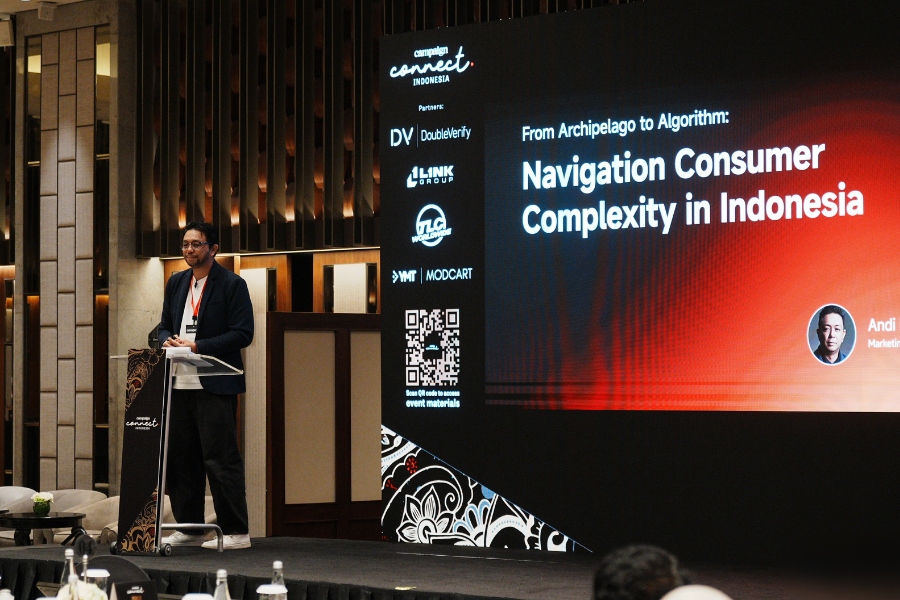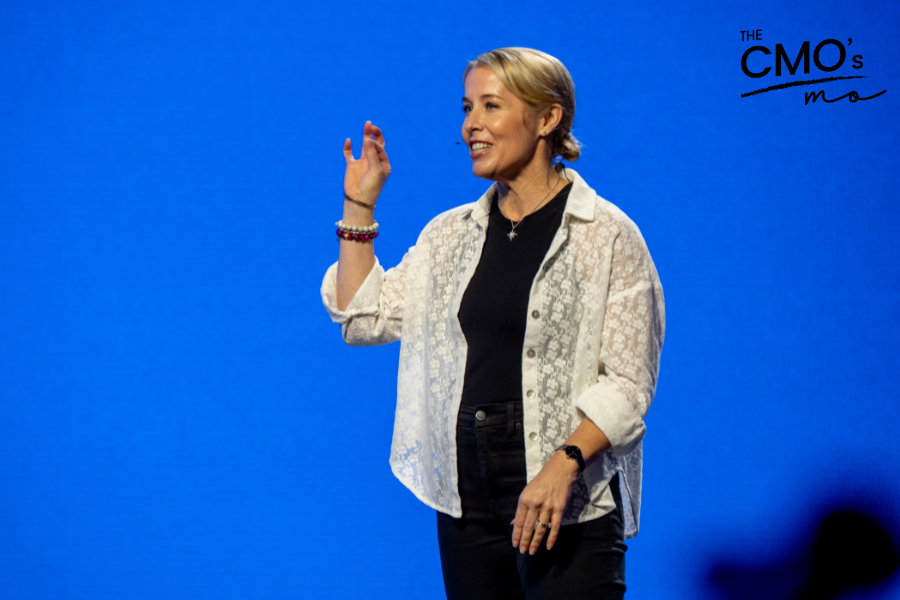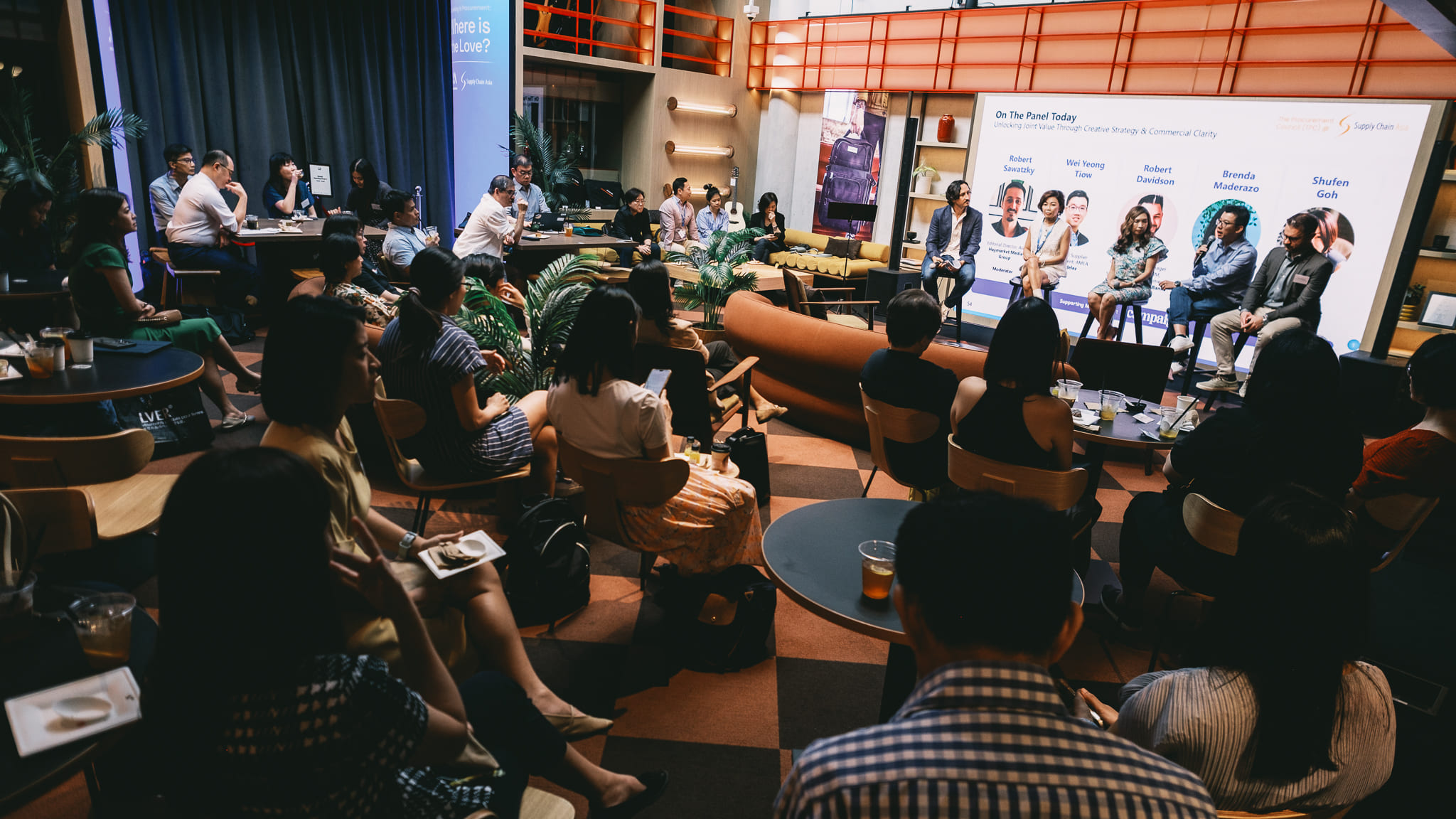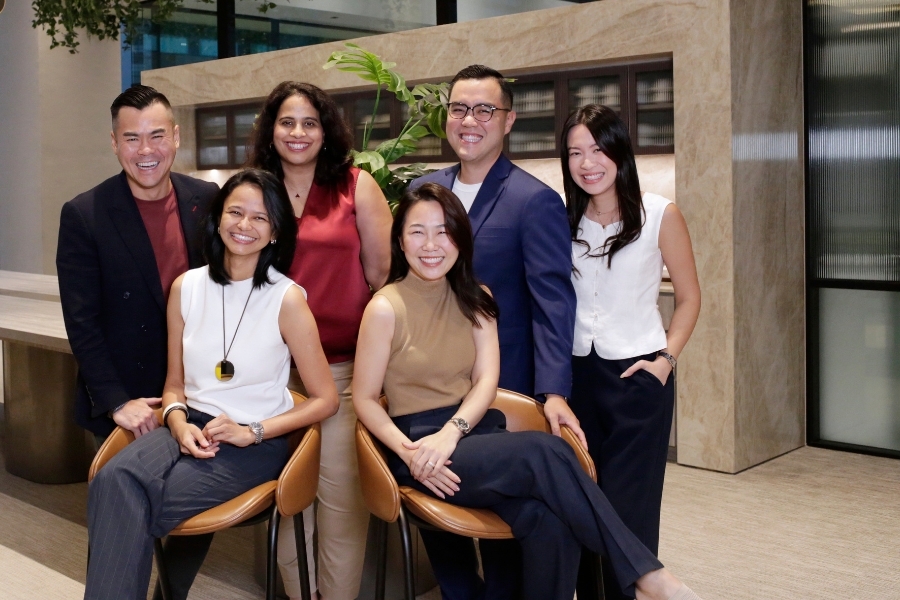Source: Nielsen IQ, a consumer intelligence company, looks at new pathways to growth for retailers and consumer goods manufacturers in more than 100 countries. NIQ studies consumer buying behaviour with analytics.
Key findings:
- Indonesia as the highest-ranking country in the global study to say sustainability is more important than two years ago (86%), followed by Thailand (74%), Singapore (72%) and South Korea (69%).
- Australia bucked the trend in the Asia Pacific region by recording the second lowest global ranking (India recorded the lowest) to say sustainability is more important than two years ago at 58%.
- Across the Asia Pacific region, shoppers in Singapore, Australia and South Korea are significantly less likely to say it is easy to shop for products in a sustainable way - 45%, 37% and 29% respectively - versus the global average of 50%.

More from this source:
- 26% of global consumers find it difficult to find sustainable products on shelf
- Three in four consumers (76%) are calling out for companies to take initiative to reduce their environmental footprint
- 78% of global consumers say companies should be mandated to show full transparency of their supply chain so shoppers can make informed choices
- Of those consumers that said sustainability is more important, 54% said it was because it's in the news all the time, 48% said that they were more informed about sustainability, 47% said that their health and safety has been or could be impacted by climate change and 1-in-3 say that they have been personally impacted by an extreme weather event
- 48% of consumers say living sustainably is important for society and they try to make sustainable choices when they can
- 79% of global respondents stated they were (quite/very) likely to choose a particular retailer if they offered a wider assortment of sustainable options in store
- 77% say they would stop buying products from a company that had been found guilty of greenwashing, highlighting the importance of trust and transparency not only in communications but in the whole supply chain.
- Scientists and environmental agencies are the most trusted parties for sustainability efforts, but opportunity exists for brands to work with farmers and industry accreditation bodies to improve trust while retailers can leverage strong foundation to insure, they are conveyors of sustainable practices).












